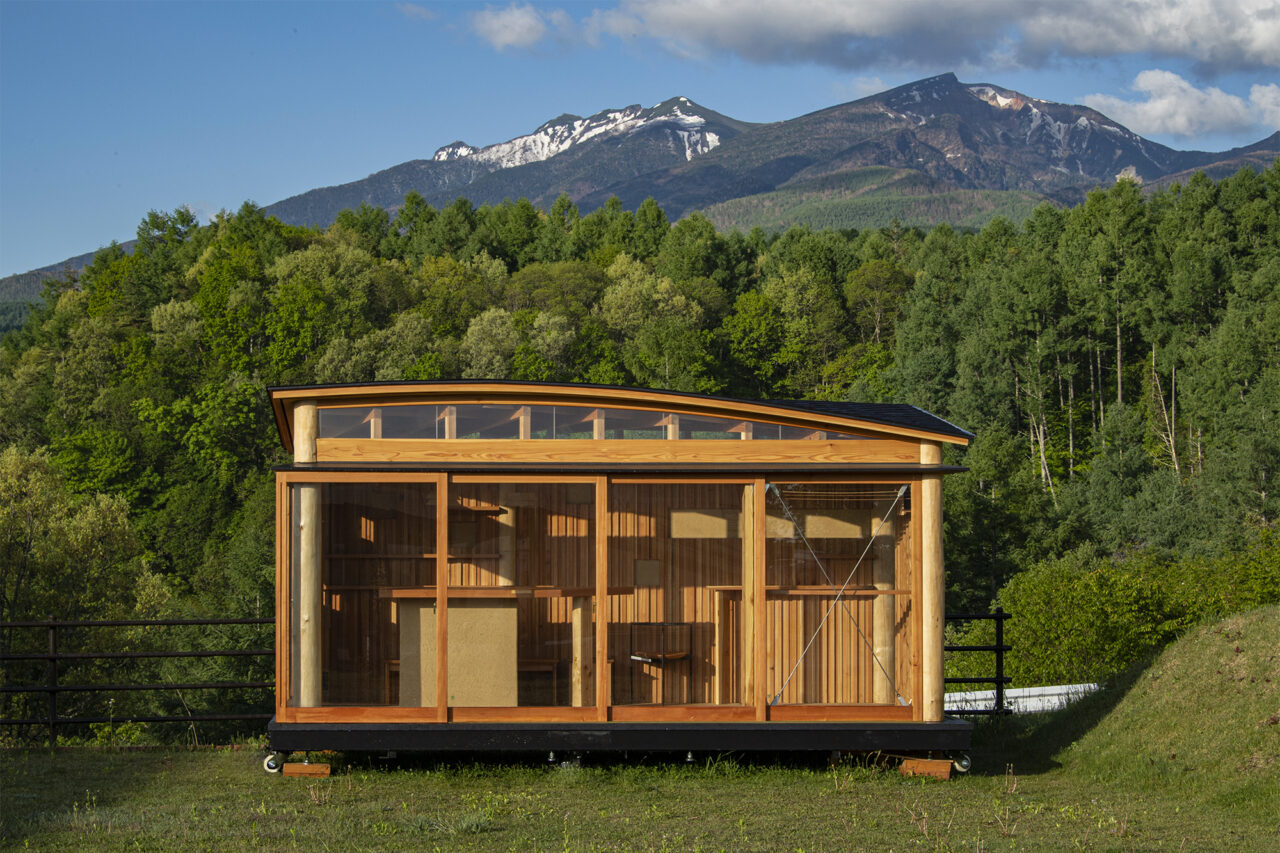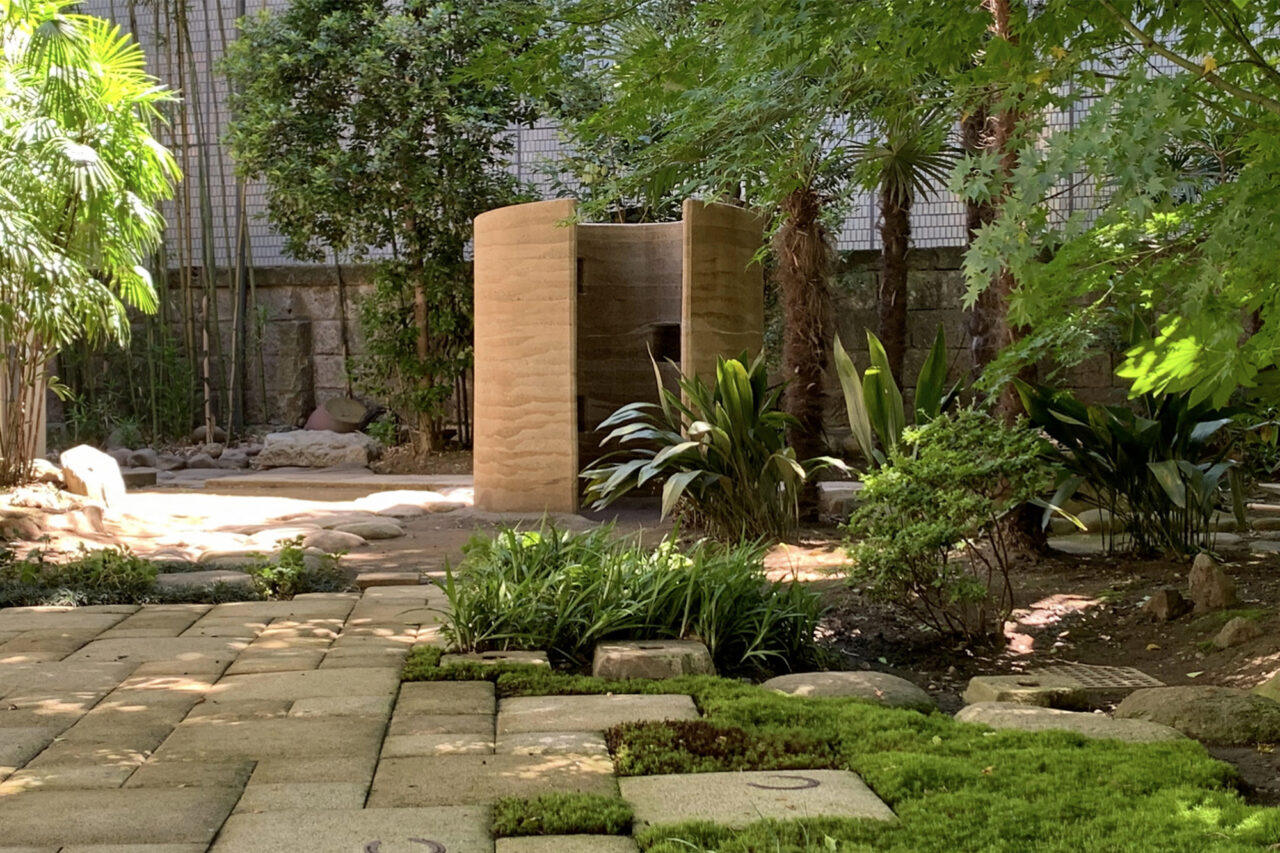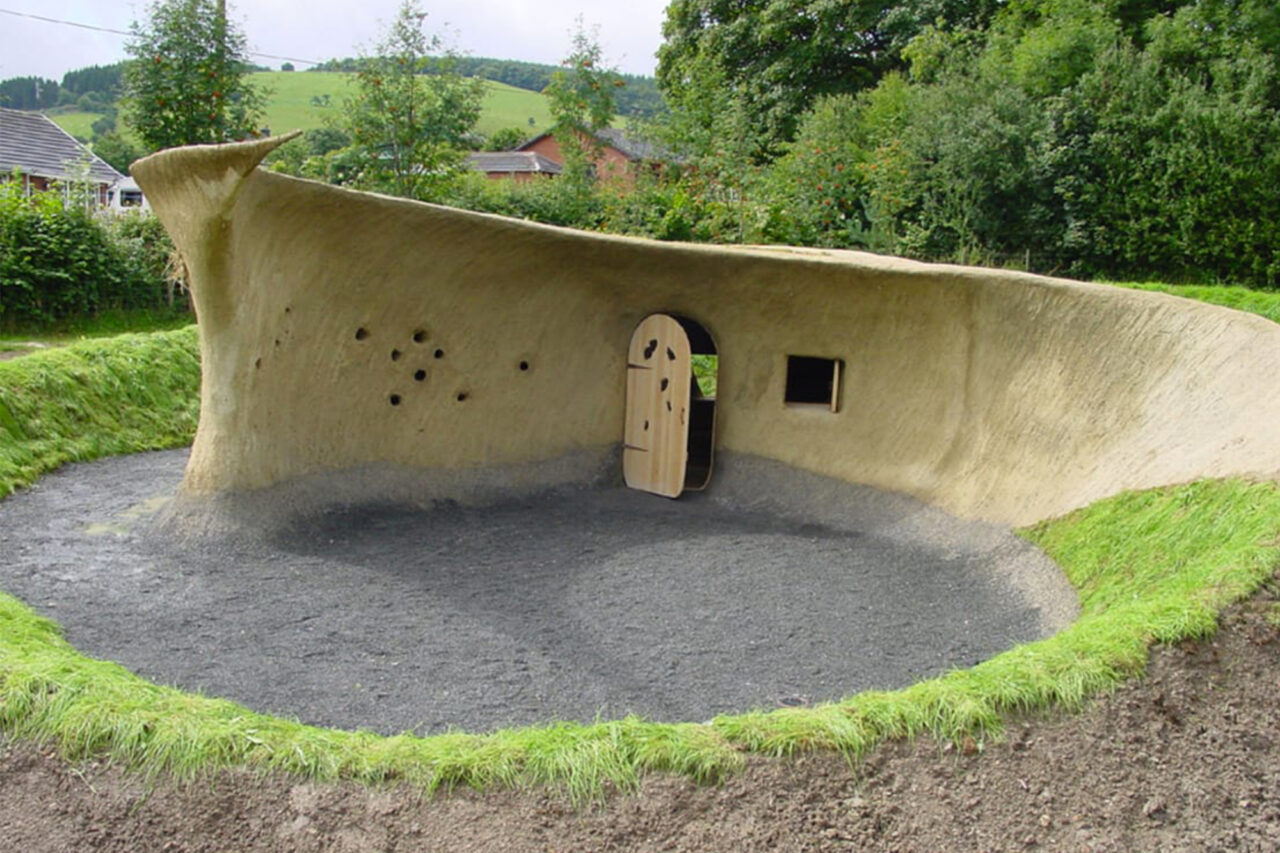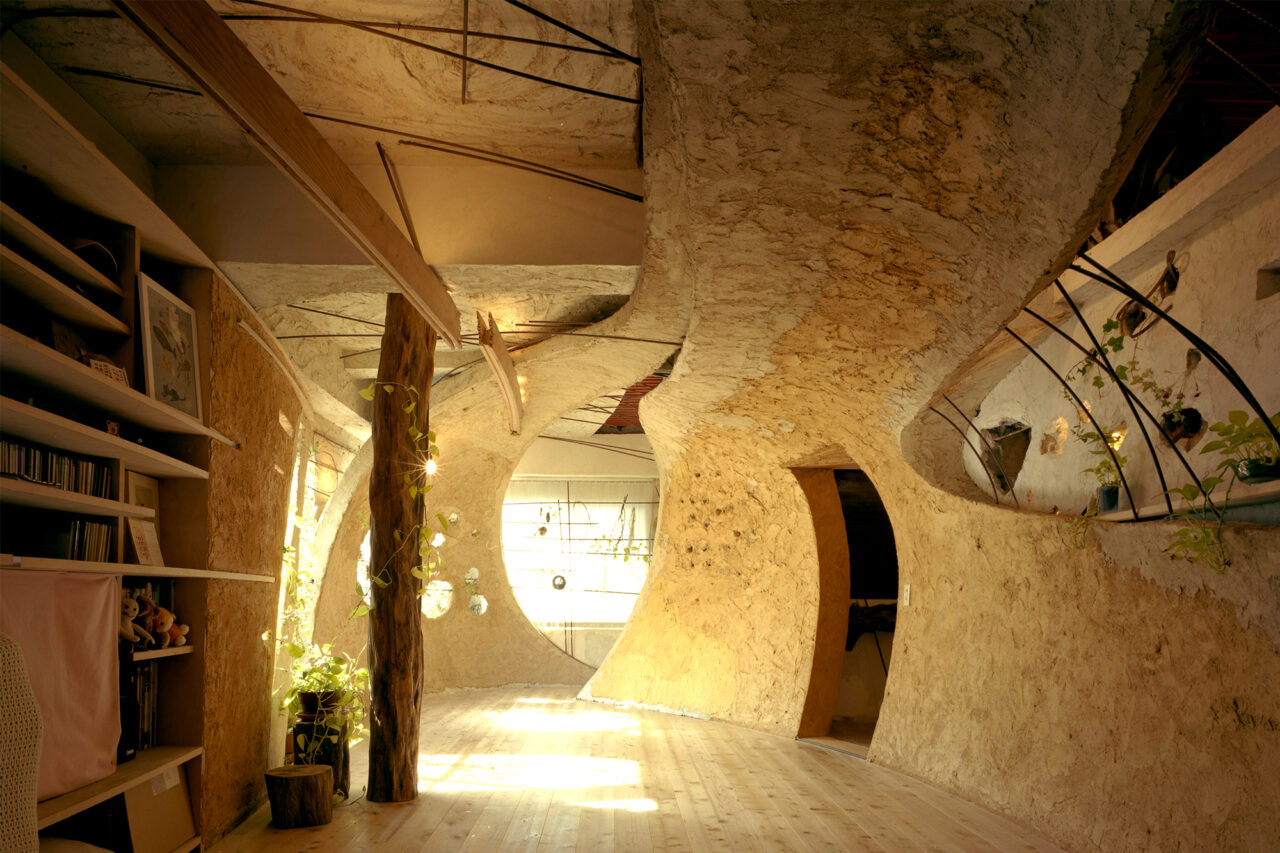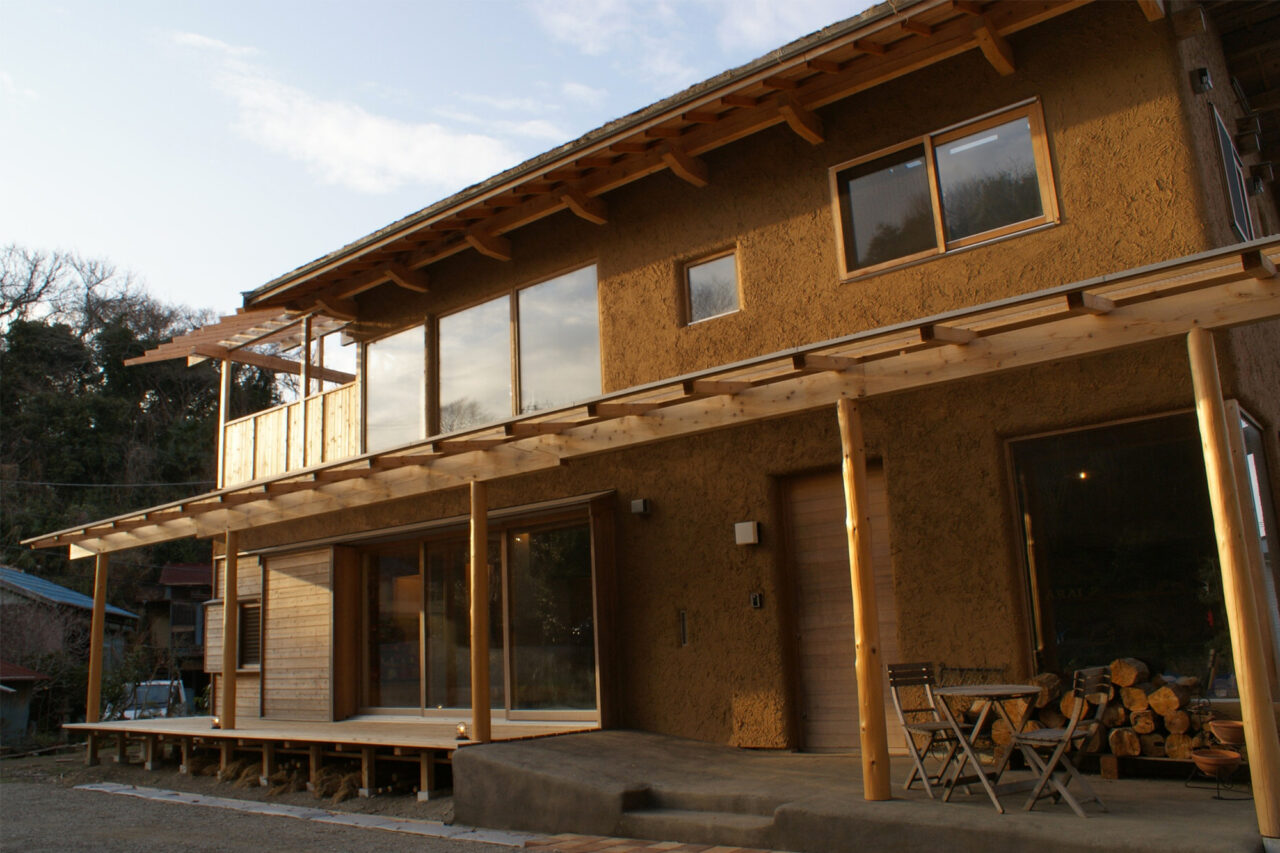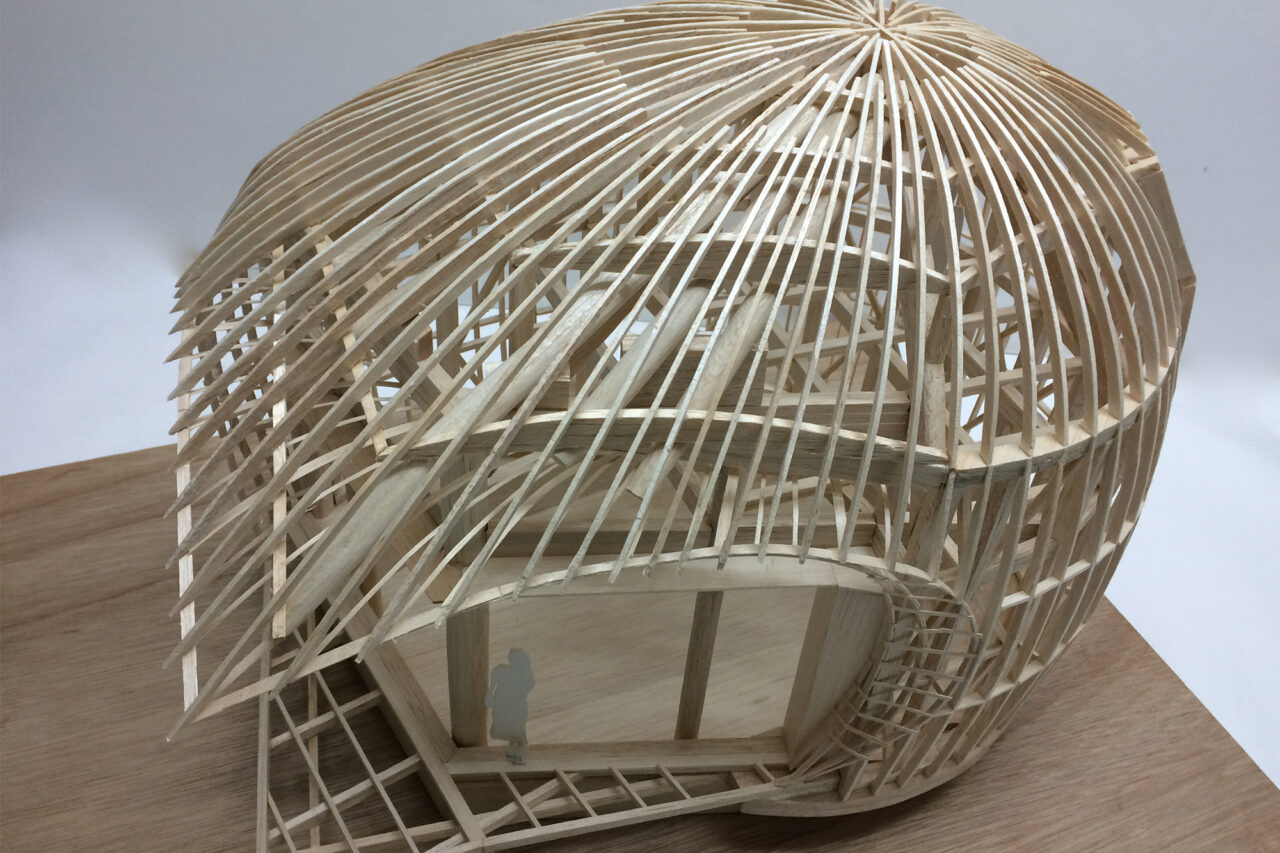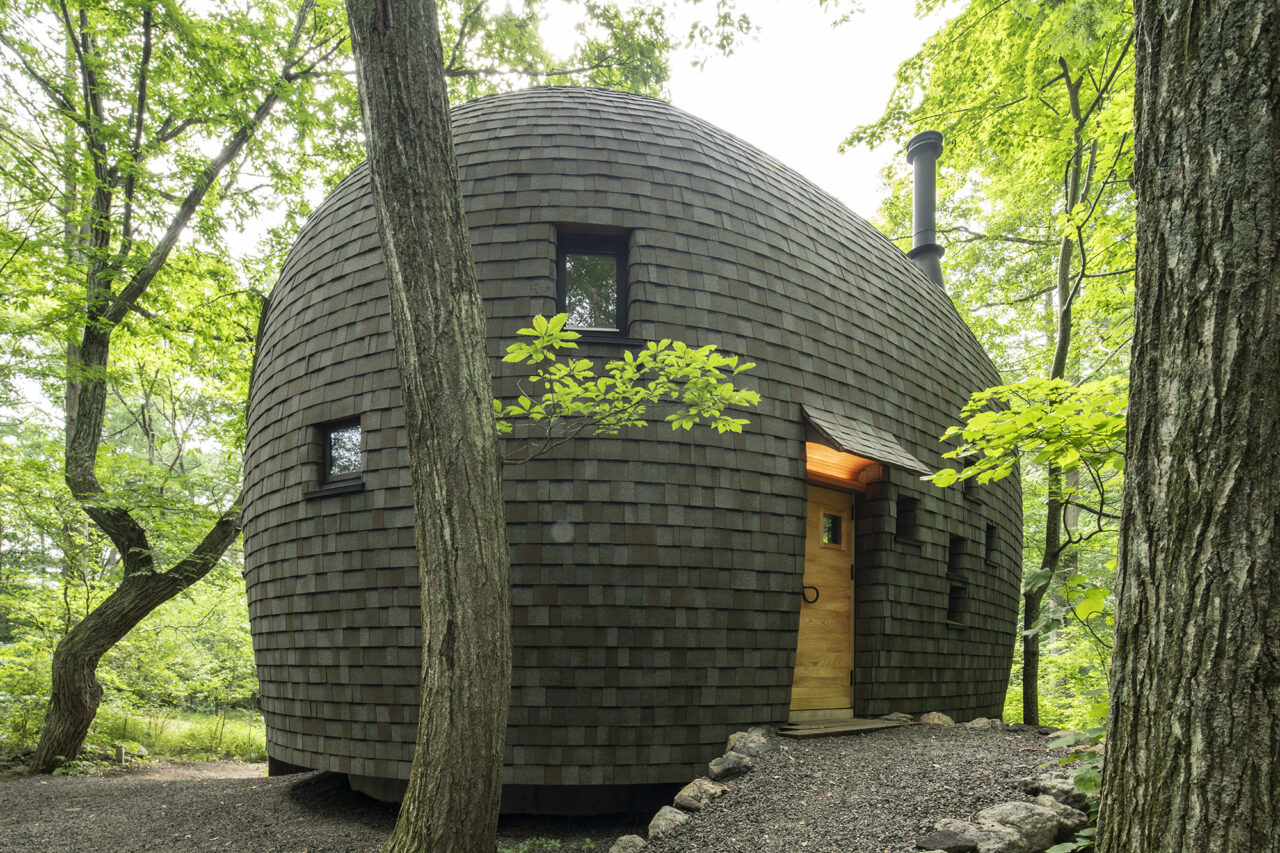The Architecture of Ki ‘Energy Flow’
The whole existence of the universe is made of Ki’ energy flow’
It is the vibration of yin and yang. All existence is born from its contraction and diffusion.
There are no boundaries between living and inanimate things, and all existence is a living organism made of it.
It contracts to form matter and diffuses to create space.
Architecture is thought of as the flow and vibration of it. Floors, walls, and ceilings are only one section of this flow.
Space is a place of nothingness where everything exists, where people and air breathe and resonate with each other.
The only material that can express Ki is ‘the earth’, the only material that can circulate eternally.
– Tono Mirai –
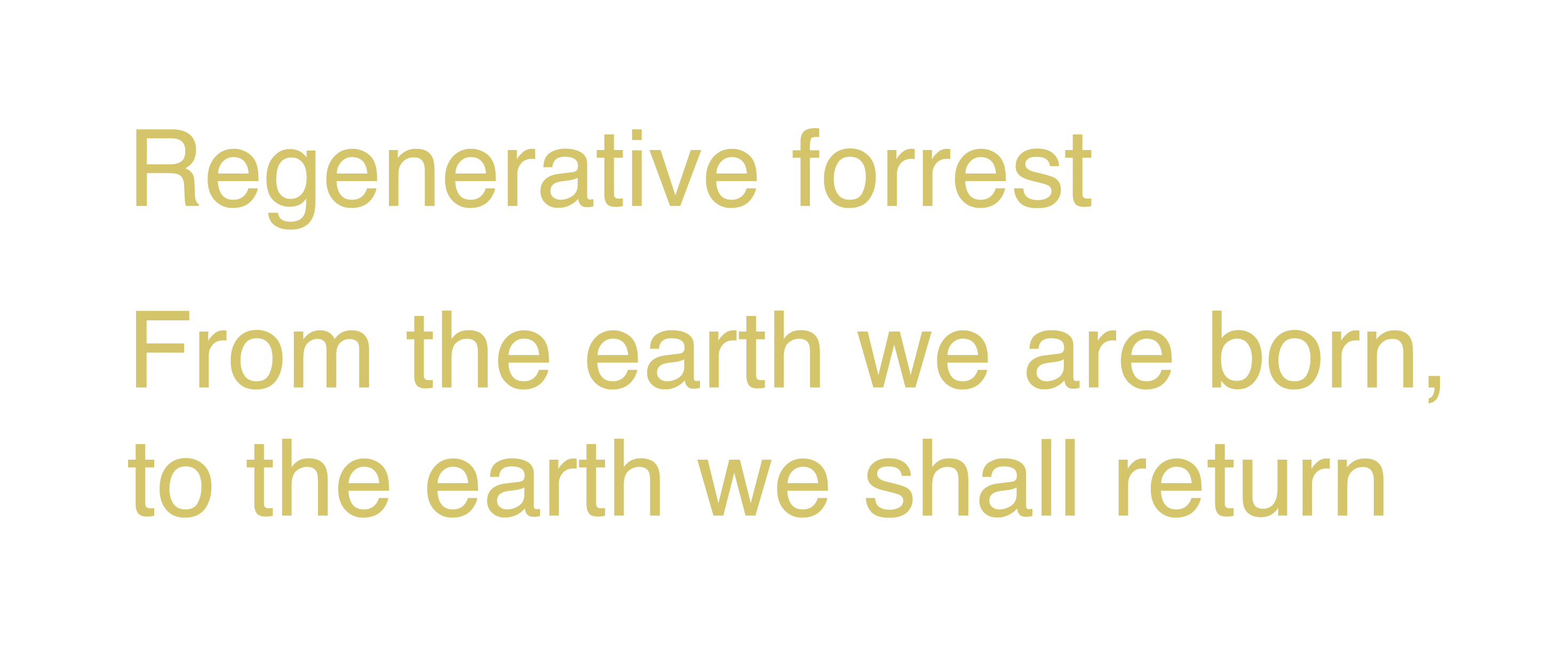
Architecture and Craftsmanship
with local earth, trees and people
Tono Mirai is an architect who creates contemporary architecture by using traditional material ‘earth’.
His characteristic organic form is made from the vibrant energy in the space that give a human relief and vitality.
He won many prizes in Japan and internationally for sustainability through the use of local and natural materials and the modern use of traditional techniques.
Tono Mirai’s work translates the energy of organic life into beautiful architectural forms. Perfectly embedded in nature’s cycle of constant regeneration, his buildings bring well-being and strengthen the bonds between the environment and people.
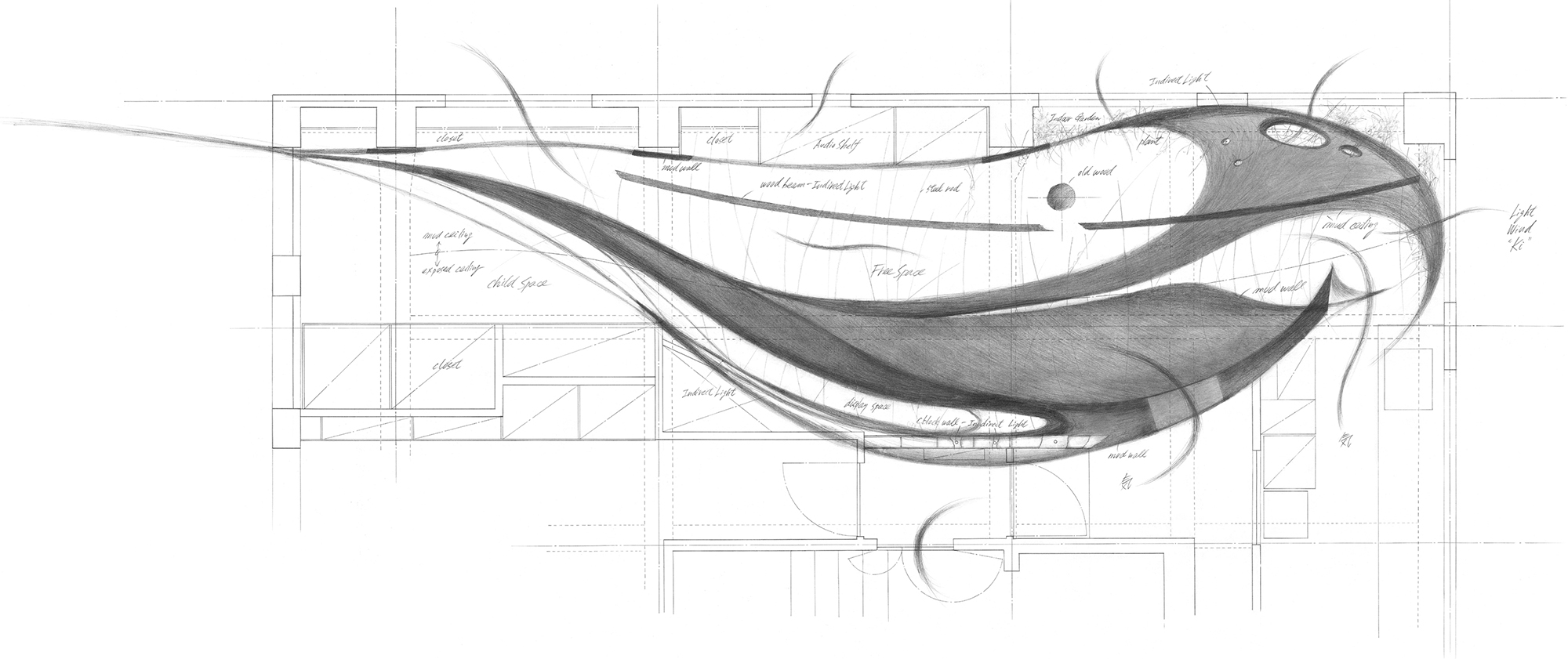
Earth to Earth
In Japanese culture, man’s devotion to nature has ancient roots; it is expressed in the concepts of “ikebana”, which invites us to follow the rhythms of the natural world, and “tokowaka”, which consists of accepting change as a fundamental part of existence. Both approaches are encompassed by the expression “jinen”, literally ‘self-creating’, which defines nature not only as a collection of plants and animals, but as the self-generating mode typical of living things. True to the concept of “jinen”, Tono Mirai conceives of the universe as a regenerative energy, a constant movement of creation and transformation that human beings can also be a part of, if they approach it with respect and devotion.
His architecture is made from natural materials, which are born from the earth and return to the earth in an endless cycle. Spaces and surfaces created by man fit into the environment with the naturalness of biological and vegetal species, in harmony with the life cycle that governs the universe.
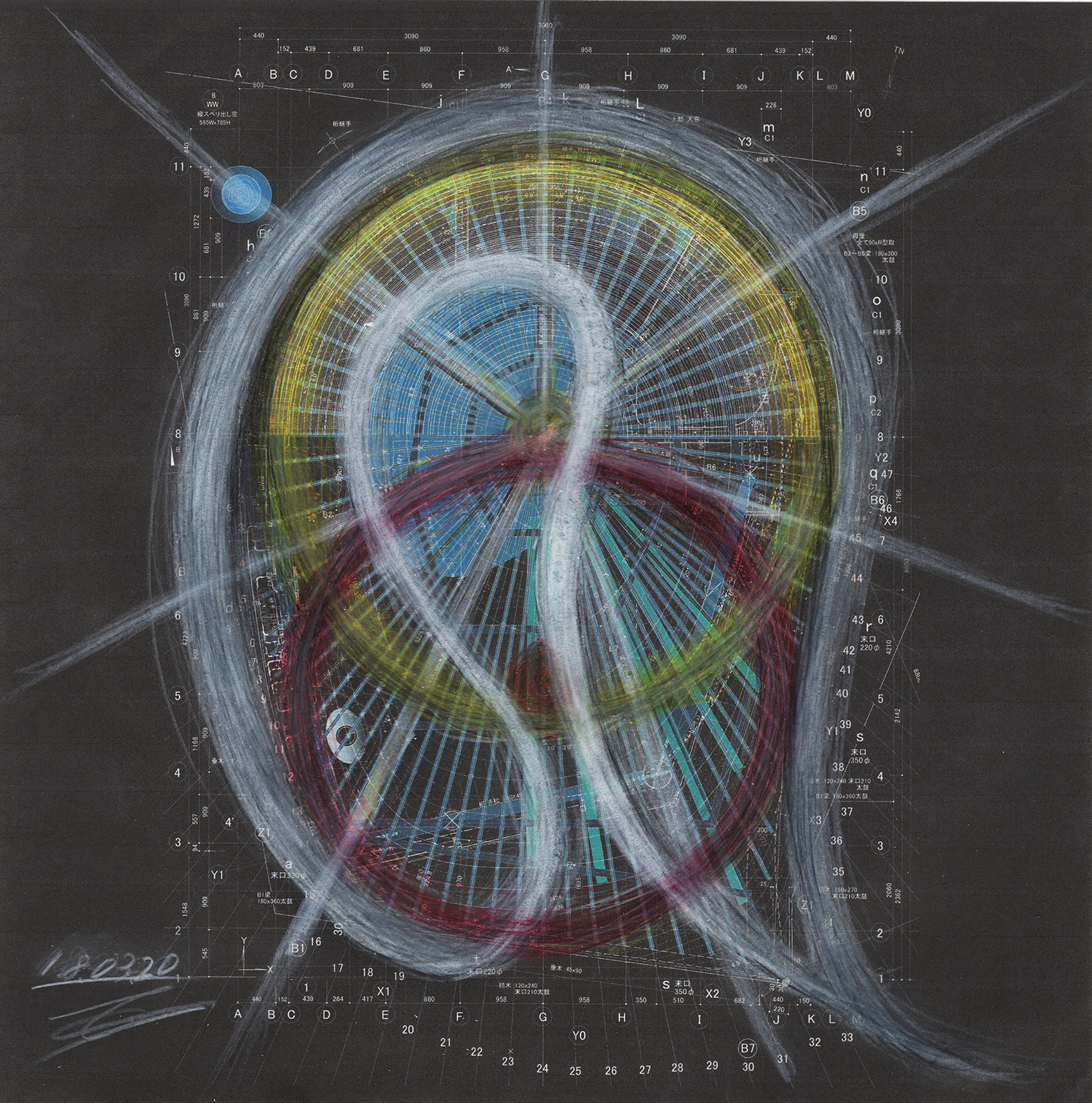
Focus on — nest=0
An earthen architectural installation in London. A circular artwork to be dismantled and reused.Architecture unlimited by time
In Tono Mirai’s work, past and future merge into each other: the future is not something to be sought after or invented, it is already in the earth we walk on. Organic architecture passes through the earth to communicate with the memory, the unconscious and the history of each territory. The use of earth is common to the building traditions of almost every continent in the world. In Japan, traditional dwellings are built combining wood and raw earth with large windows that open up spaces to the outside world.
Tono Mirai combines the ancient technique of craftsmen from Sakan with contemporary sensitivity to design and sustainability. The exclusive use of carpentry and joinery, and of raw earth as the load-bearing element, combined with the preliminary studies of the local climate and processing of local materials to make them suitable for construction, result in structures with a modern and sophisticated flair. His buildings unite the rhythms of organic life; still images of a motion that has neither beginning nor end, making change their natural condition.
The spirit of the place
What makes Tono Mirai’s architecture unique is his deep respect for the genius loci (spirit of the place), the environment, its resources, its identity and the people who inhabit it. In the creative process the place is everything. It suggests the shape, the colour, and the materials to be used. The use of raw earth and wood allows the architecture to fit into the landscape like a spontaneous creation. Each intervention is designed to support the cycle to which the building naturally belongs. According to the principle of “not to bring in, not to take out”, each element is collected, processed and disposed of in the territory where it originated.
Organic architecture values not only materials but also human beings. For Tono Mirai, building a house also means building a community. The construction process also involves local craftsmen and is accompanied by community building activities that offer adults and children the opportunity to regain physical contact with the land or to establish it for the first time, in the belief that knowing it is the first step towards respecting it. Through the creation of shared experiences, organic architecture contributes to strengthening the identity of each country.
Focus on — Earth Library
An earth library made from construction waste with the aim of reducing environmental impact.Focus on — House for stories
A sustainable event space integrated into the landscape in Wales, UK.Life Energy
Tono Mirai’s creative process does not consist of imposing a theoretical conceived form on a place, but in listening and giving form according to what the place suggests. Freed from the anxiety for control of the modernist conception, the form is the result of the random nature of biological rhythms, of the particular conformation of materials, of the flows of energy specific to each territory.
Tono Mirai’s drawings show all the beauty of this creative process. The forces in motion find a graphic translation in the lines drawn freehand, which with their sinuous and vibrant flow articulate the spaces, restoring all the vitality of the surrounding environment. His architecture is conceived as a holistic whole, a living organism made up of cells and fluids in constant interchange between the inside and the outside. The walls are the skin of the building, what gives it form and keeps it alive. By making the genius loci visually perceptible, and by maintaining active communication between man and nature, these structures are able to release all their therapeutic power, giving tranquillity and comfort to those who live in them.
Play video! ↓ (Future House)
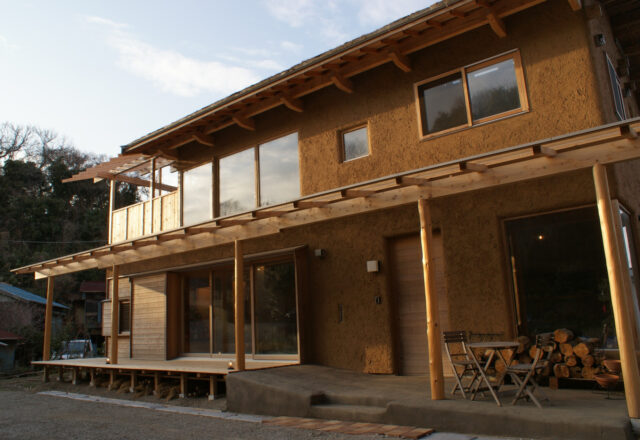
Beauty and Well-being
Tono Mirai is changing the landscape of architecture. He is showing us that constructing buildings with a minimal impact on the environment and a link to the history of the area is not only possible, but also has a fascinating aesthetic. His creations are composed of simple, essential forms, dictated by the spirit of the place rather than the abstractions of geometry and calculation. In his buildings, earth is shown as it is. Its original texture and colouring instil a feeling of warmth and well-being in people.
The natural properties of raw earth make it possible to articulate gentle curves, breathing surfaces that embrace spaces that are never closed, separate, or autonomous: everything is designed to allow the flow of the gaze outwards. Tono Mirai’s creations convey the power of ideas by translating them into a contemporary and sophisticated design in which you can feel at ease. Together they show that beauty lies not only in aesthetic pleasure, but also in physical and spiritual well-being, and in its ability to regenerate over time.
